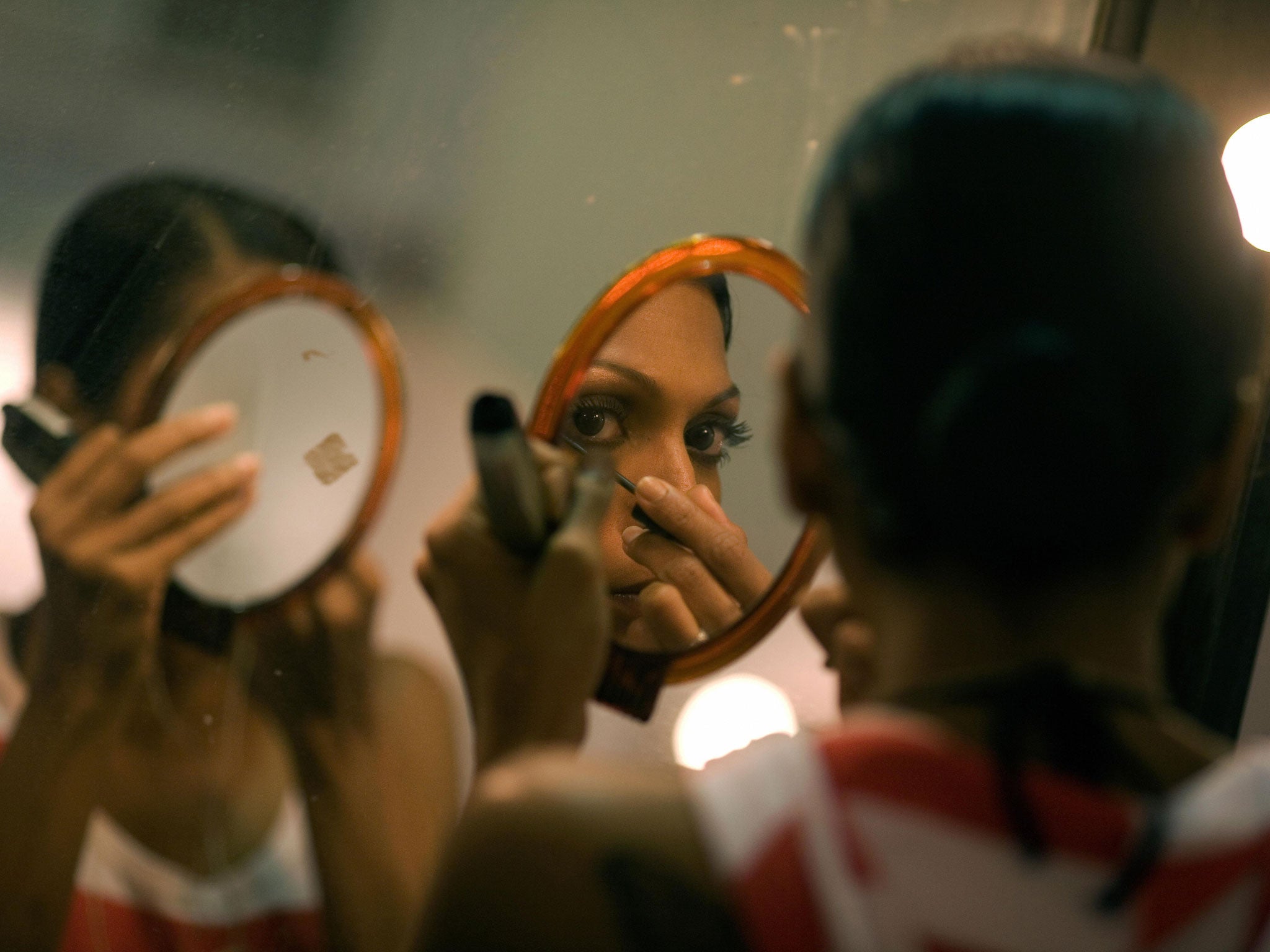Today the EU goes cruelty-free, but is the beauty industry’s commitment more than skin deep?
Pressure from the largest beauty market in the world may be the only way to get international cosmetics industry to modernise.

Have you ever gotten shampoo in your eyes? Stings, doesn’t it? Or applied perfume to broken skin? Or even accidentally breathed in hairspray? Your skin hurts, your throat burns. Imagine you’re a rabbit, guinea pig or rat in a cosmetics testing laboratory and these aren’t relatively mild finished products, but raw chemicals.
Animal testing is the ugly secret that the beauty industry would prefer consumers didn’t know about. But the truth is, every time you buy a cosmetic product manufactured by a company that tests on animals or uses animal-tested ingredients, you’re paying for animals’ suffering. Today, however, everything changes in the cosmetics industry: The European Union has strengthened its 2009 ban on animal testing for beauty products by stopping companies from selling cosmetics that have been newly animal tested anywhere in the world. Today marks a victory for the many MEPs and animal protection groups such as Humane Society International (HSI), who campaigned long and hard to see the ban implemented.
The EU sales ban has been a priority campaign for HSI. Ricky Gervais wore a tattoo for us; Leona Lewis sent our Valentine’s card to the EU Commissioner of Health; nearly half a million EU citizens voiced their support by signing our petition; we held countless face-to-face meetings with policy-makers and even performed a white rabbit flash-mob in Brussels. We made some noise on behalf of EU consumers and the many thousands of animals enduring cosmetic chemical toxicity tests around the world. Our message of “ban cruel cosmetics” was loud and clear.
Never before has there been a stronger incentive for cosmetics companies to quit testing on animals. The EU is the largest beauty products market in the world, so companies must decide if missing out on EU sales is worth unnecessary, cruel animal testing. The industry has reached a fork in the road. Both paths lead to the same destination – a cruelty-free future – because replacing outdated, unreliable and unethical animal tests with modern science is only a matter of time. The only question is, how quickly will the industry get there? Without doubt, the ripple effect is already evident. Recently, major Japanese cosmetic brand Shiseido announced it will cease virtually all animal testing in direct response to the EU sales ban. We hope many others will follow its lead.
To that end, HSI is working to replicate the EU ban in India, Brazil, Korea, Russia, Canada and beyond. Last year, on World Day for Animals in Laboratories, and in partnership with LUSH Fresh Handmade Cosmetics, HSI launched Be Cruelty-Free, the largest ever global campaign to end animal testing for cosmetics the world over. We’re witnessing first-hand how policy-makers, regulators and companies are looking seriously at stamping out cosmetics animal suffering once and for all.
India will likely be the next significant market where animal testing on cosmetics is banned. Recently, a groundswell of political pressure resulted in the Drug Controller General calling for the last remaining animal tests to be eliminated from India’s cosmetics regulations. We’re urging the government not to delay. In Brazil, government officials and companies have been receptive to swifter acceptance of non-animal test alternatives. Israel, following Europe’s lead, enacted cosmetics animal testing and sales bans in January.
Such progress towards achieving a world where no animal has to suffer and die for the sake of cosmetics is encouraging. But we’d get there faster if the world’s cosmetics companies collectively decided to simply stop putting animals through needless suffering. This is a compassionate standard that all companies can and should adopt immediately, not just for their EU product lines but globally. Additionally, for a company to be genuinely cruelty-free it cannot sell in China, where new animal testing is often legally required. Political and scientific outreach in China is a must, but it is undeniable that the more cosmetics companies that stop selling in China, the faster non-animal tests will replace animal-based methods in the country’s regulations.
Even still, all cosmetics companies could immediately abandon animal testing by using the many thousands of existing cosmetic ingredients with histories of safe use, together with modern, non-animal test methods that produce the most reliable, fastest and cheapest results. It’s that simple. Companies always have a choice.
So as they stand at this new fork in the road, we ask these companies one simple question – when will you choose to stop testing on animals?

Join our commenting forum
Join thought-provoking conversations, follow other Independent readers and see their replies